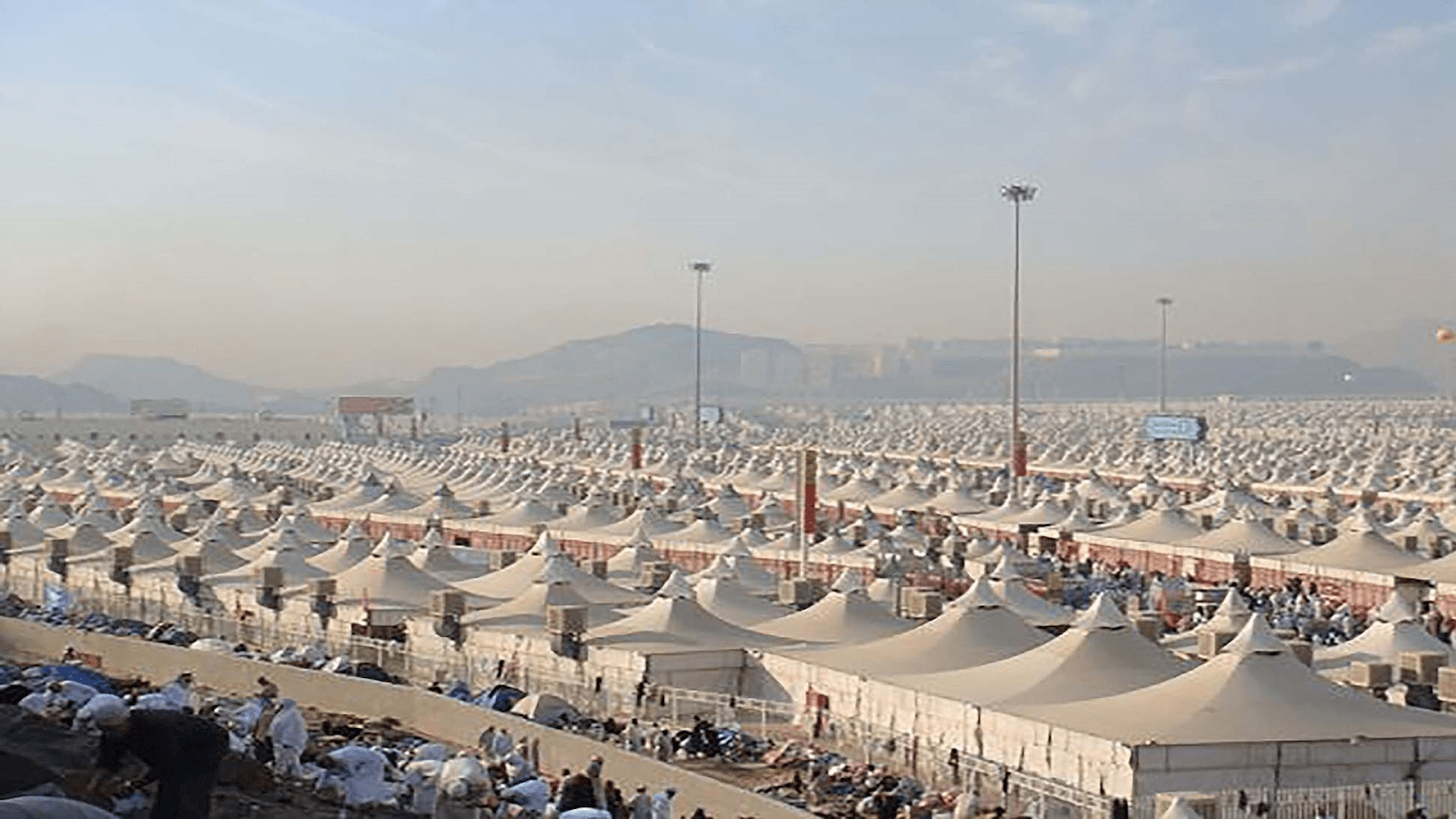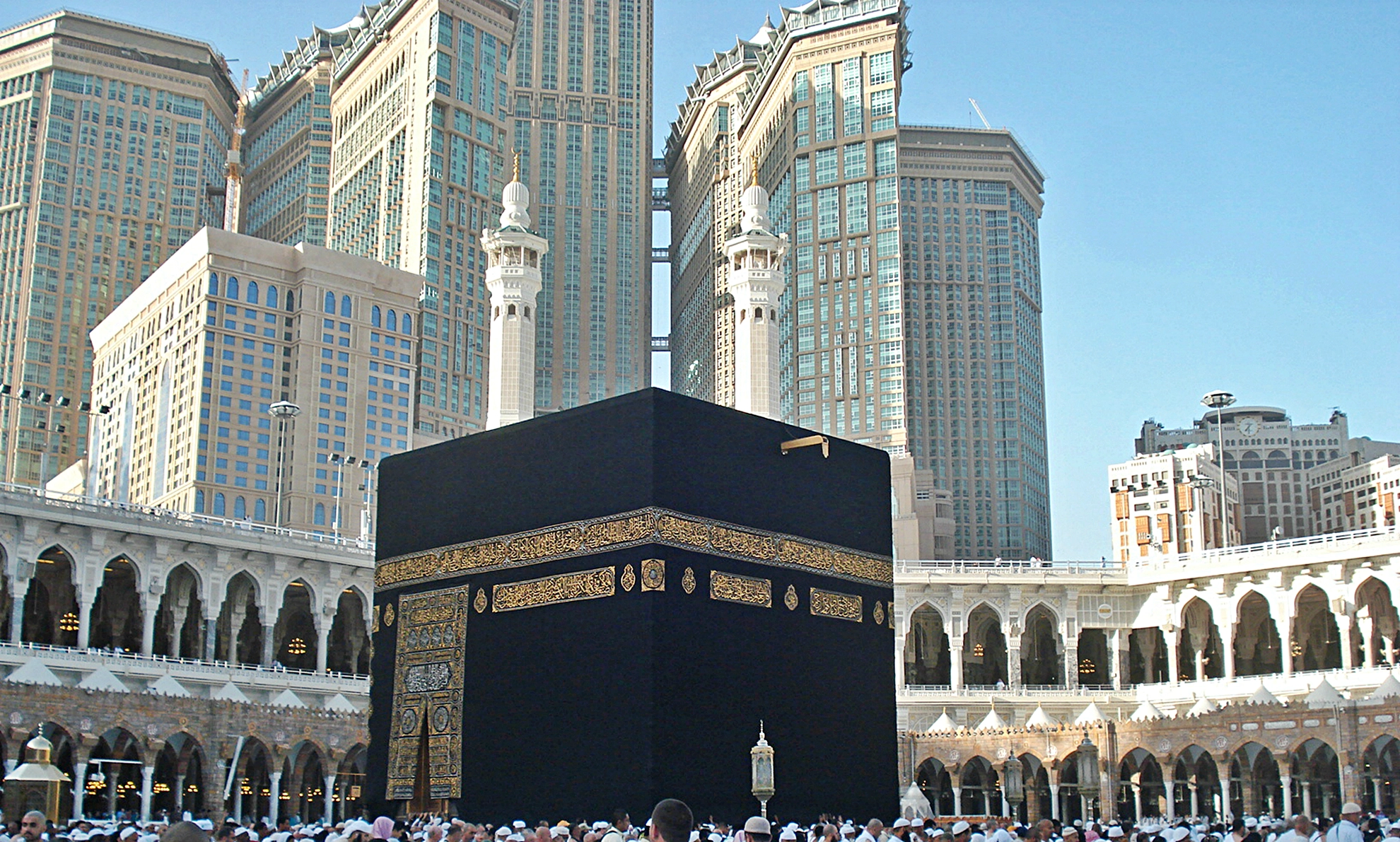Preparing for Hajj is no ordinary task. It’s not just about packing the right clothes or checking off a list of documents. It’s about tuning your body, heart, and soul for a journey that transforms you from the inside out. If you’re on the path to Hajj in 2025, whether for yourself or supporting a loved one, this guide walks alongside you—offering calm, clarity, and connection.
Understanding the Heart of Hajj and Its Timing
Hajj is one of the Five Pillars of Islam, an obligation for every able-bodied Muslim who has the financial means. It’s a journey toward Allah, but also a journey inward. The pilgrimage unfolds from the 8th to the 12th of Dhul Hijjah, the last month of the Islamic lunar calendar. Since the lunar cycle moves each year, Hajj dates shift on the Gregorian calendar too. In 2025, it’s expected to begin around June 4.
Understanding this spiritual and seasonal rhythm helps in planning wisely, especially with the heat of Saudi summers and the sheer volume of pilgrims expected.
Before You Go: Hajj Registration and Essentials
The Registration Process
For international pilgrims, registering through the official government platforms (like Nusuk) is now the standard. The process is digital and secure, aiming to eliminate scams and unauthorized agents. Here’s how it usually works:
- Register on the government portal or approved platforms.
- Participate in a draw or allocation system.
- Confirm package details and secure your visa.
Keep an eye on your country’s deadlines. In Saudi Arabia, the final submission date is typically set by the Ministry of Hajj and Umrah, so early preparation is essential.
Documents to Organize
When preparing for Hajj, have these ready and make extra copies:
- Passport with 6+ months validity
- Hajj visa and travel documents
- Identity proofs
- Vaccination certificates
- Hotel and transportation vouchers
- Emergency contact cards (Saudi and home country)
- Passport-sized photographs
- Medical condition notes (if applicable)
Create a small laminated ID card with your name, group contact, hotel details, and emergency information. Keep one on you at all times.
Your Health Is Your Strength

Medical Preparation
Before your journey, schedule a full health check-up. Let your doctor know you’ll be walking several kilometers daily in heat and crowds. Required vaccines often include meningitis and influenza, but always check for updates.
If you take medication regularly:
- Bring enough for the full trip, plus extra
- Carry a prescription note
- Keep everything in original packaging
A basic health kit can make a big difference:
- Painkillers and allergy tablets
- Bandages, antiseptic cream, and plasters
- Electrolytes or rehydration salts
- Unscented wipes and sanitizers
Staying Well During Hajj
Hydration is key. Carry a refillable water bottle, sip regularly, and rest when possible. Don’t push yourself beyond your capacity. Listen to your body.
What to Pack for Hajj: Essentials You’ll Be Grateful For
Packing for Hajj is more than travel prep. It’s preparing for a new rhythm of life.
Clothing & Comfort
- For men: 2-3 sets of Ihram (white, unstitched cloth)
- For women: Loose, breathable abayas and headscarves
- Comfortable walking shoes or sandals
- Flip-flops for quick errands
- Ihram belt (to carry small essentials securely)
- Socks, undergarments, and light sleepwear
Personal Items & Practical Gear
- Neck pouch or money belt
- Umbrella and sunscreen
- Sunglasses and prayer mat
- Quran, small dua book, tasbih beads
- Unscented soap, toothpaste, lip balm, wipes
- Basic grooming items (scissors, nail clippers)
Electronics & Extras
- Unlocked smartphone (for local SIM use)
- Charging cables, adapters, and power bank
- Notebook or journal for spiritual reflections
- Small snacks and hydration tablets
Getting Physically Ready: Build the Stamina, Ease the Strain
Hajj is physically demanding. Expect to walk 5 to 15 kilometers daily, sometimes under the sun. Begin preparing for Hajj a few months ahead:
- Walk daily, increasing your distance over time
- Use stairs to build leg strength
- Try walking barefoot to prepare for Sa’i between Safa and Marwa
- Practice walking in warmer conditions if you’re from a cooler climate
Spiritual Preparation: Nourish the Inner Self
The rituals are sacred. So is the heart you bring. Spend time before departure reflecting, repenting, and resetting. Things to do:
- Study the steps and meanings of each Hajj ritual
- Learn and memorize key duas
- Resolve disputes or lingering tensions
- Seek forgiveness and offer it freely
- Pay off debts, finalize financial matters
- Write a will, and make any legal arrangements
Preparing for Hajj helps quiet the noise and lets you truly feel the weight and beauty of what lies ahead.
The Hajj Journey: What to Expect, Day by Day

Each day has its own rhythm:
- Day 1 (8th Dhul Hijjah): Travel to Mina, settle into tents, and focus on prayer.
- Day 2 (9th Dhul Hijjah): Journey to Arafat for the most important day. Stand in prayer and humility.
- Night of 9th: Head to Muzdalifah, rest under the open sky, and collect pebbles.
- Day 3 (10th Dhul Hijjah): Perform Ramy al-Jamarat (stoning), sacrifice, shave or cut hair, and Tawaf.
- Days 4-5: Continue stoning rituals in Mina and final Tawaf before departure.
Some pilgrims stay longer to visit Madinah, while others depart shortly after.
Gentle Reminders for a Smoother Journey
- Always carry water, especially during long walks
- Don’t skip rest. Your body needs it
- Label all your bags clearly
- Keep ID and hotel card on you at all times
- Don’t rely on memory. Write things down
- Be patient. With the process, the people, and yourself
For Women, the Elderly, and Those Needing Extra Care
While the Kingdom’s latest reforms have opened doors for women to perform their religious pilgrimages solo, women under 45 may need a Mahram (male guardian). Some countries also allow organized group travel for older women. Bring sanitary supplies and plan for contingencies.
Elderly pilgrims or those with health conditions should:
- Request wheelchairs or assistance where possible
- Stay in accommodations close to the Haram
- Avoid peak ritual times
- Carry medical documents and prescriptions
Step Forward with a Full Heart
Hajj preparation isn’t a checklist. It’s a softening of the heart, a call to shed the weight of the world, and a decision to walk into something eternal.
The road to Hajj starts long before you arrive in Makkah. It begins with small, intentional steps. Quiet moments of prayer. Stretches of walking. Conversations with loved ones.
If you’re reading this, you’re already on your way.
May your Hajj be accepted, your heart be light, and your journey be full of grace.
FAQs
What is the best way of preparing for Hajj in Saudi Arabia?
The best way to prepare is by organizing your documents early, completing required vaccinations, building physical stamina, and learning the Hajj rituals ahead of time.
What should I pack when preparing for Hajj in Saudi Arabia?
Pack essentials like your Ihram, comfortable walking shoes, unscented hygiene items, a water bottle, medications, and important documents including your passport and vaccine certificate.
How do I register for Hajj from inside Saudi Arabia?
Saudi residents can register through the Nusuk platform or the Ministry of Hajj’s official website. Early registration is key, as spots fill quickly.
Are there health requirements when preparing for Hajj in Saudi Arabia?
Yes, all pilgrims must be vaccinated against meningitis and influenza. A general medical check-up is also recommended, especially for those with chronic conditions.
How much walking is required during Hajj and how can I prepare?
Pilgrims often walk 5 to 15 kilometers daily. It’s best to start preparing by walking regularly months before departure, focusing on endurance and leg strength.













